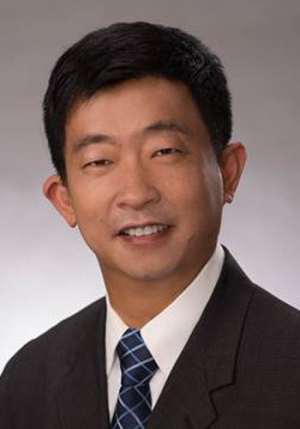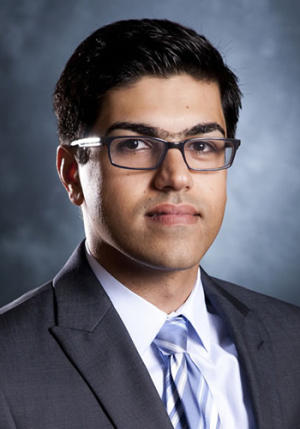Since 2009, CenterPoint Energy has installed more than 2.2 million smart meters at homes and businesses throughout the Houston area. Every 15 minutes, these smart meters automatically record customer energy usage and send this data back to CenterPoint. This information is incredibly rich, and could offer the ability to predict power demand, help manage power generation, and even assist in planning the construction of future power plants.
But that’s easier said than done.
With 2.2 million meters reporting data to CenterPoint 96 times a day, these smart meters together produce an incredible amount of information – more than 211 million distinct reports every 24 hours, in fact. Sifting through that data to find meaningful trends and insights has become the next big challenge for CenterPoint and electrical utilities nationwide.
To address such issues, researchers with the University of Houston Cullen College of Engineering have established the Electric Power Analytics Consortium, signing CenterPoint as its first official member.
The consortium exists to develop computational techniques and mathematical models to make the best use of the data gathered from smart meters and other components of new smart electric power grids.
“Right now companies are collecting this data but don’t have viable business and mathematical models to capture the benefits of this capital-intensive investment,” said Amin Khodaei, research assistant professor of electrical and computer engineering and the consortium’s co-principal investigator. “They have some vision, but they need university skills and expertise to extract important knowledge from the data and transform it into business ideas.”
The structure of the consortium is somewhat unusual for academic research, noted Zhu Han, associate professor of electrical and computer engineering and the consortium’s principal investigator/director.
Typically, businesses fund university research through individual grants that allow professors to explore specific problems. Through the consortium, though, companies in the electric power industry pay an annual membership fee. During regular consortium meetings, members will discuss industry challenges and how smart grid data can be leveraged to solve them. The dues these members pay will allow the consortium researchers to develop solutions to these challenges, often by funding graduate student positions.
Though the consortium was only launched a few weeks ago and presently has just one member, Han and Khodaei said they are in discussions with other electric power companies about joining the group.
“There’s incredible potential in smart meters and smart grid technology,” said Han. “This consortium will allow us to work closely with industry members so we can really understand their challenges and find the best ways to solve them through data collected by the smart grid.”

